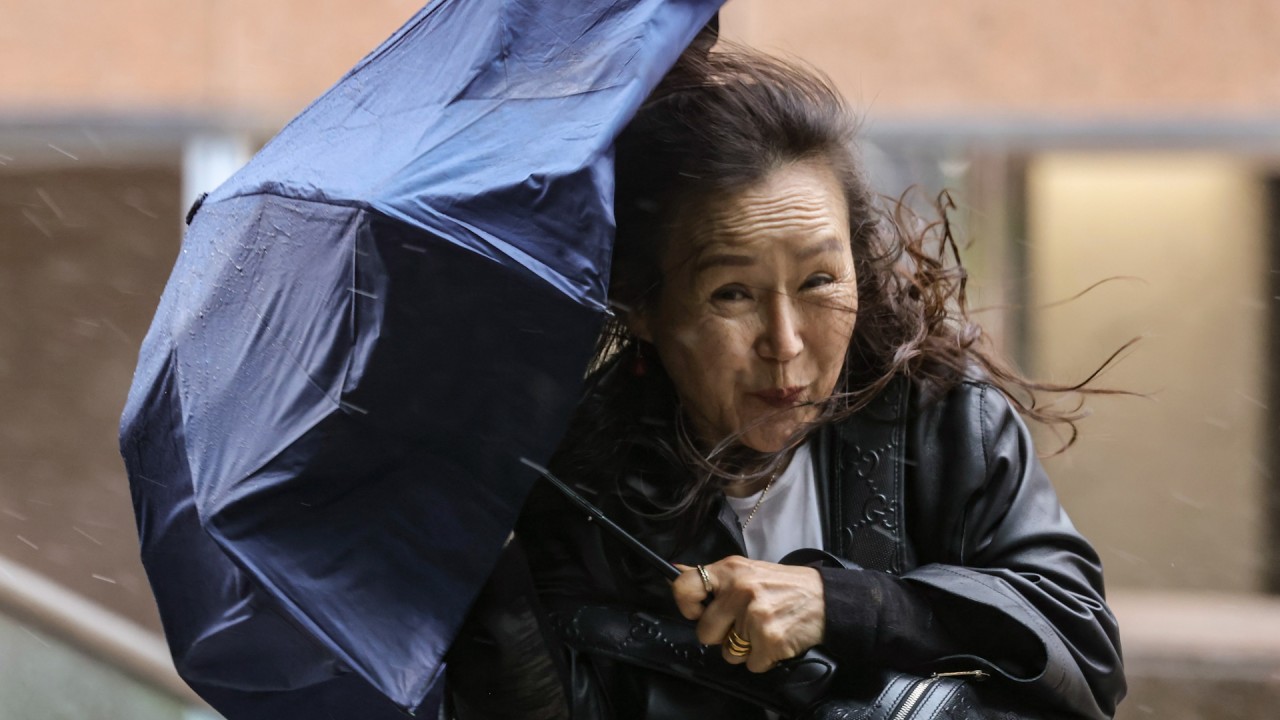His comments came after a local media report said the move had been postponed by several months beyond its planned implementation in the summer. The Ming Poa Daily, a Chinese language newspaper, quoted an unnamed source as saying the reform had been put back until the end of this year or early next year.
Hui acknowledged that such reforms take time as they require securities firms, settlement and clearing companies, banks and other parties to adjust their systems and practices before the rule change is implemented.
Bourse operator Hong Kong Exchanges and Clearing (HKEX) issued a consultation paper at the end of November in which it proposed scrapping its more than 70-year-old practice of delaying trading or shutting the market entirely when the Hong Kong Observatory issues its typhoon signal No. 8 or higher or raises a black rainstorm alert.
Even though the city abandoned its physical trading hall in 2017 in favour of electronic transactions, the rule has remained in place.
Since 2018, tropical cyclones and severe rainstorms have forced the market to shut down 11 times, according to exchange data. In 2023 alone, HKEX had to shut down trading because of typhoons Talim, Saola and Koinu, and several black rainstorms.
“HKEX is working closely with our stakeholders, including the Hong Kong government, the Securities and Futures Commission, and the Hong Kong Monetary Authority, with the aim of publishing the consultation conclusions on severe weather trading arrangements in the second quarter,” a spokesman for the exchange operator said.
“We will provide further updates to the market in due course.”
Robert Lee Wai-wang, a lawmaker representing the financial services sector, said most market participants welcome the rule change and are not concerned about a delay.
“It is usual for the exchange to give some time for the market participants to prepare for any rule changes. If the market can prepare in a quick manner, the rule change can be made shortly after the announcement,” Lee said.
The city’s stock markets began to suspend trading in the 1950s in the event a Typhoon signal No. 3 was raised, according to veteran broker Cheung Tin-sang. The rule was changed in the following decade to allow the market to remain open unless a No. 8 signal or higher was hoisted.
In recent years, the market also started to shut down when a black rainstorm signal was issued, indicating rainfall exceeding 70 millimetres in an hour.


